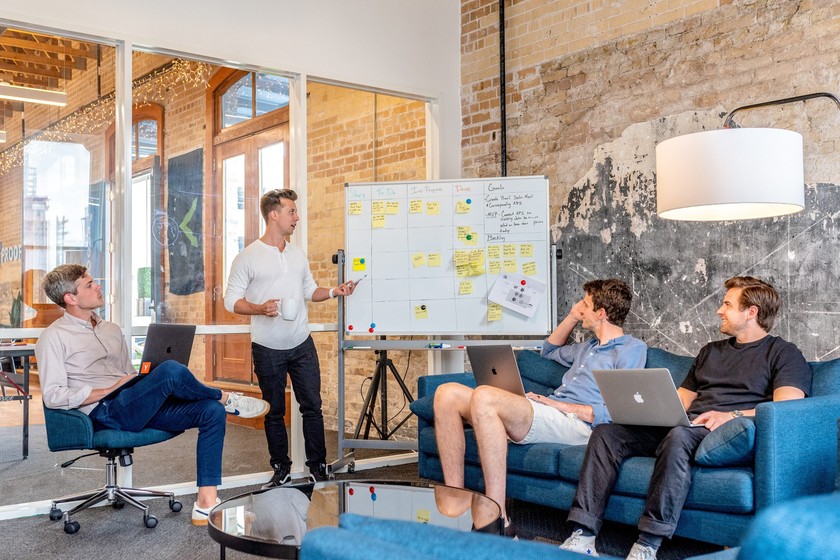
Do you want to enter a STEM, Business, or other field that may require the completion of a technical interview? These evaluations aren’t your typical interviews, and here’s why.
Technical interviews are interviews that place an emphasis on the knowledge you have and the skills you can demonstrate, as opposed to how you respond in certain situations. They are becoming more common in today’s job search ecosystem, so it is important to be prepared in case you encounter one.
Will I ever have to complete a technical interview?
Whether or not you will be required to complete a technical interview depends mainly on the industries you are applying into. They are most commonly conducted for roles that are quantitative in nature, such as Finance, Computer Science, and Engineering, but are becoming more common in a lot of different fields.
What should I expect during a technical interview?
Technical interviews are often hands-on interviews that demonstrate skills in real-time. Examples of these include but are not limited to case interviews, “whiteboarding” (drawing or writing your ideas on a whiteboard for interviewers to see, either by yourself or while collaborating with other candidates), and real-time coding assessments. All of these examples – explained below – evaluate your ability to solve a problem quickly and effectively.
The content of a technical interview depends on the role you are applying for. For example, Management Consulting roles require candidates to complete a series of case interviews. Case interviews, which you can find more information about in our Interview Preparation Guide, are mini business problems that you solve either in advance or on the spot to display your critical thinking skills. But, roles that require knowledge of computer programming often require candidates to demonstrate proficiency in a coding language (the most common being Python and Java) during their interview.
A lot of times, coding interviews will take the form of whiteboard challenges, where you will be asked to write code by hand to solve a problem. Whiteboard challenges can also be for product design roles or any other role that revolves around innovation.
Sometimes, there is a correct answer to the question you are asked. Other times, there is not a correct answer, and the interviewer is more interested in hearing your thought process.
DO’s and DON’Ts of technical interviewing
Do:
- Take your time answering questions. Interviewers expect candidates to ask for time to develop problem-solving frameworks, clarifying questions, and potential solutions.
- Highlight your knowledge and experiences appropriately – be sure to leverage your strengths to display your qualifications for the role you are applying for.
- Thoroughly explain your answers with adequate justification.
Don’t:
- Be intimidated by the time pressure. Although it is important to anticipate certain time limits, it is crucial to focus more heavily on your delivery of the prompts at hand to demonstrate your true skill set as best as possible.
- Ramble or provide long answers. While it is important to thoroughly defend your answers, it is also equally important to be concise and keep the interview moving along.
- Be overly critical of yourself. It’s OK to make mistakes – nobody is perfect! Instead of being hard on yourself for making a mistake, take note of what it was, why it happened, and how you can improve for next time.
Good luck with your next technical interview! Go to career.uconn.edu for more resources related to interviewing.
Photo by Austin Distel on Unsplash
